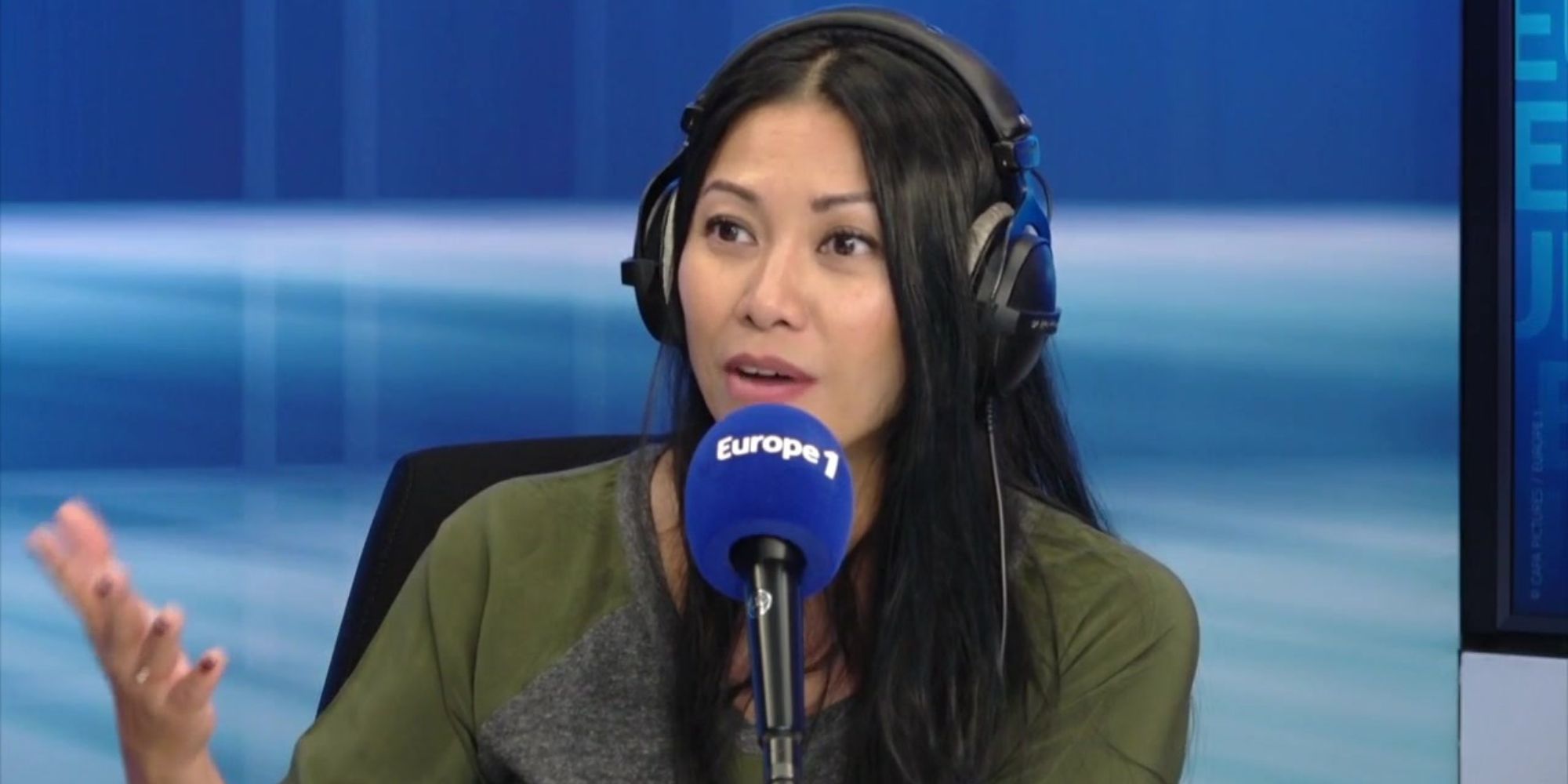Alexis Patri 2:00 p.m., May 08, 2022
Child-star in Indonesia, before making a career in the world, and in particular in France, the singer Anggun is Sunday the guest of Isabelle Morizet in the program "There is not only one life in life" .
The artist returns in particular to the education given by his parents, united despite very different social origins.
INTERVIEW
When France discovered her in 1997 with her title
La neige au Sahara
, Anggun was already a star in Indonesia and more broadly in South-West Asia, where the child star has become over the years "the Madonna of the Asia".
But the atypical dimension of the artist's career begins at birth, in a family whose profile would stand out on any continent.
Guest of the show
There is not just one life in life on
Sunday, Anggun explains to Isabelle Morizet's microphone what she inherited from her parents, whose union could have inspired Shakespeare.
>> Find the media newspapers every morning at 9:10 a.m. on Europe 1 as well as in replay and podcast here
"My mother has blue blood. My father, not at all", explains the daughter of an Indonesian princess.
"My mother had a title, which she lost when she married my father."
Anggun's father is a writer, singer, producer, political journalist, sculptor and poet.
"For him, the aristocracy has no place in society. My father was a Marxist, that's telling you!", smiles the singer at the microphone of Europe 1. "Their love was much stronger than anything. "
Priority given to open-mindedness
It is therefore in a family where discussions on politics and society were frequent that Anggun grew up.
The singer cites her sibling's choice of school as symbolic of the principles she was raised with.
"We are a Muslim family, like many Indonesians. But my father wanted these children to go to a Catholic school, for example," she recalls.
A choice that she explains by her father's desire to offer an open mind to his children.
"He didn't want us to have this impression, which is a reality in Indonesia, that religion is something that is imposed by the state," she explains.
"Right now, where or what continent you were born in kinda determines what religion you're going to have later on. And so my dad wanted to free us from that idea."

